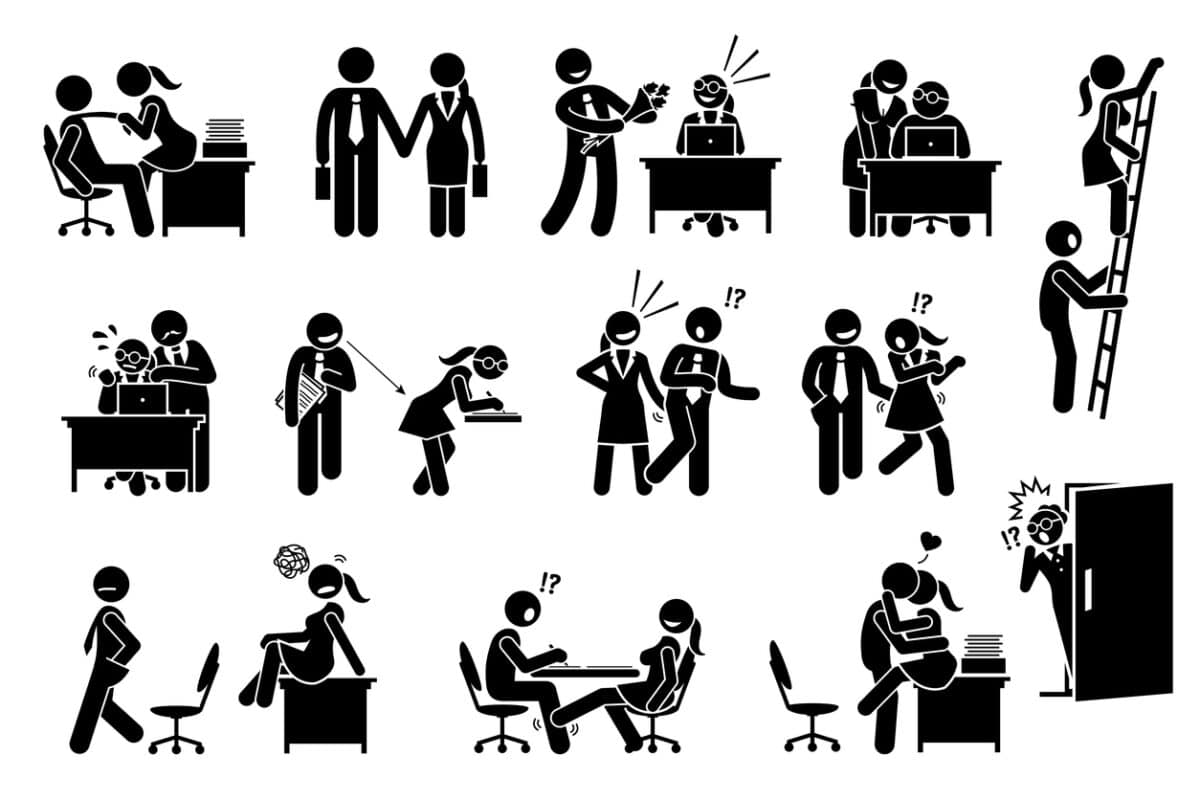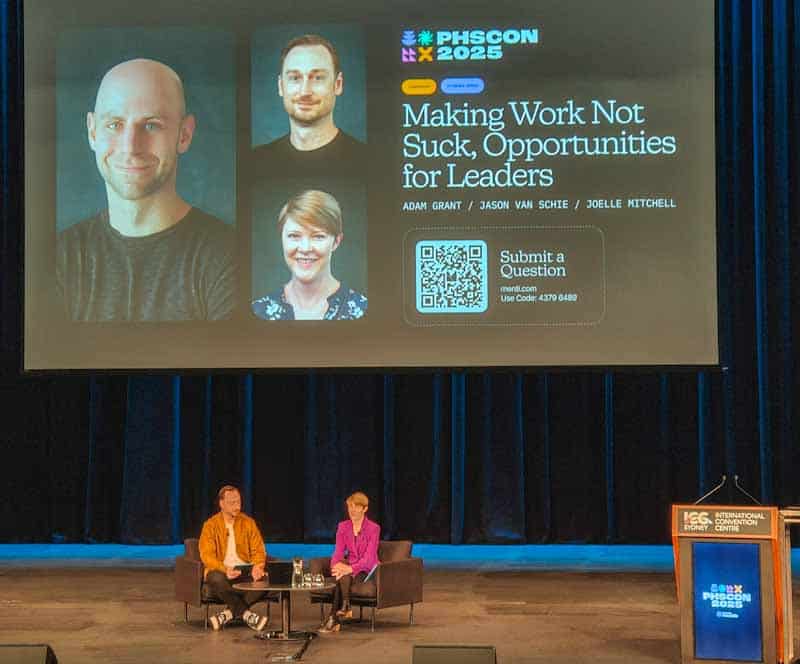In November 2022, then-Sex Discrimination Commissioner Kate Jenkins explained why sexual harassment in Australian workplaces continues to happen. Basically, she said this was because the sex discrimination laws were reactive to a worker complaint and placed no duty on employers to prevent these types of incidents. But there is more to it than that, and the recent imposition of a positive duty under sex discrimination laws is still not preventing work-related harm.
Category: health
Retail Violence and OHS Blind Spots: Time to Rethink the Strategy
Occupational health and safety (OHS) is the central theme of this blog, but it is essential to remember that not all workplace health and safety actions are governed by a single set of laws or a single regulatory agency. Safety in the retail sector offers a good example.
OHS deserves a seat at Australia’s childcare sex abuse reform table
The community in Melbourne, Australia, has been talking about little else but a sex abuse scandal in the childcare industry. (It makes a difference from talking about beef wellingtons.) The media and the government are announcing and investigating various regulatory and enforcement options to prevent a recurrence. This abuse is a grave concern and not one that was unexpected, as earlier inquiries had identified the risk. The prevention of sexual harm to children has an occupational health and safety (OHS) context that should not be ignored.
Are EAPs Meeting Modern Workforce Needs?
It is clear from the emails I have received, as well as many of the comments on LinkedIn and other social media platforms, that the modern role of Employee Assistance Programs (EAPs) remains a contentious issue, as discussed below. One of the many issues, young workers’ perceptions of EAP, was addressed by Alena Titterton of Johnson Winter Slattery, who provides an important and different perspective on who uses EAPs:
Trust Issues: The EAP Edition
This week, a colleague shared with me some bizarre experiences he had while negotiating with his company’s Employee Assistance Program (EAP) provider for basic data. It reminded me of the EAP role in preventing and managing psychosocial hazards at work. Australia’s psychological health regulations appear to have placed the EAP industry in a state of confusion and transition, which warrants consideration and the perpetual questioning of the effectiveness of EAPs. It may be that the days of the EAP, as traditionally configured, are over.
Rethinking Workplace Well-being: Insights from Adam Grant
In an era where employee mental health is increasingly recognised as critical, organisational psychologist Adam Grant offered useful insights into creating healthier, more productive workplaces at the Psych Health and Safety conference (PHSCon) in Sydney.
Grant argued that investing in employee well-being is not just a compassionate gesture but a strategic imperative. Companies must move beyond superficial benefits and focus on fundamental work design that empowers employees and supports their psychological health.
Workplace Psych Health and Safety Debate Gets New More Corporate Angle
Wade Needham provides his personal responses to a series of questions regarding psychosocial hazards, offering a fresh and more corporate perspective. This continues the series of articles based on speakers at the recent Psych Health and Safety conference.







